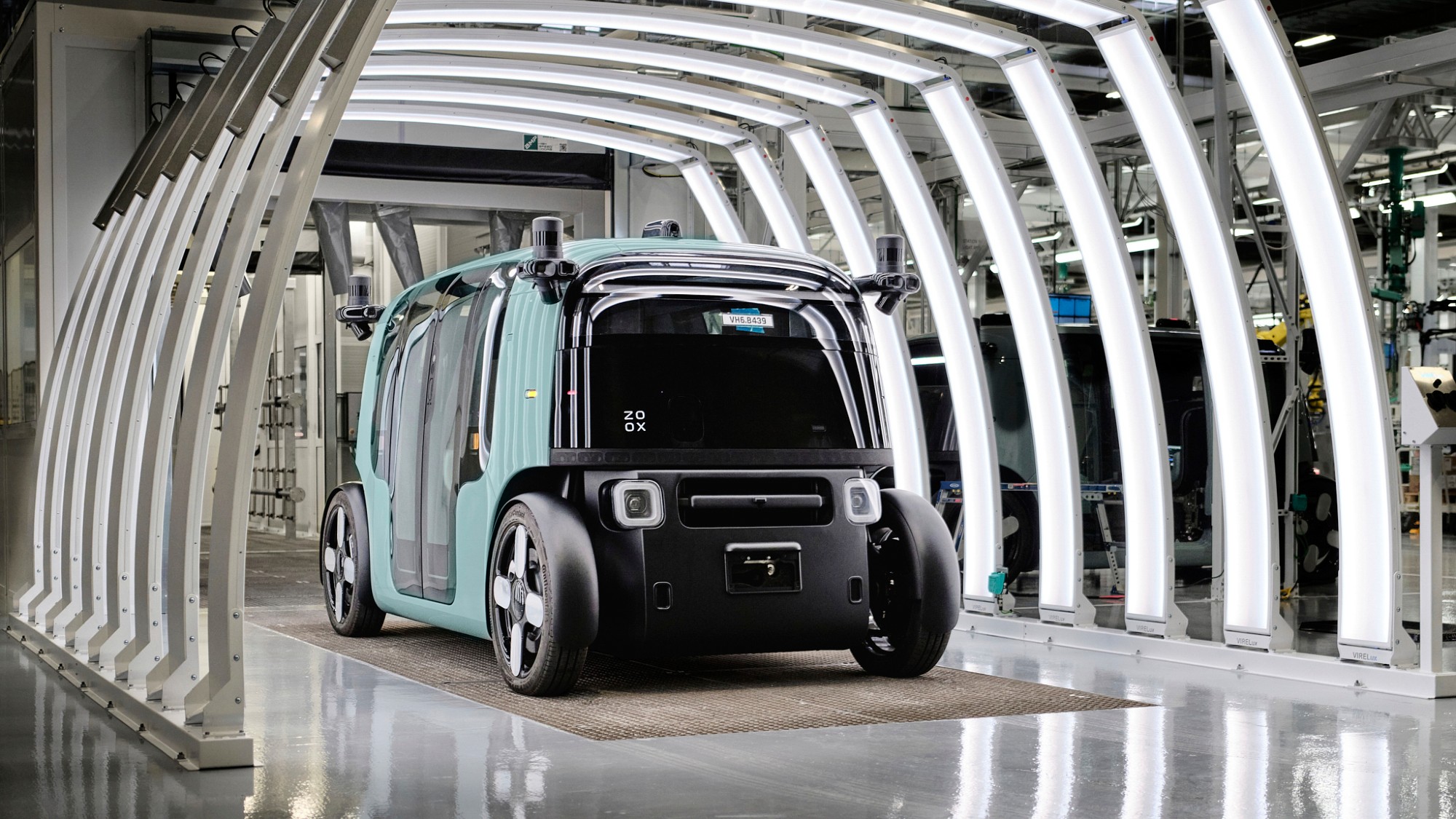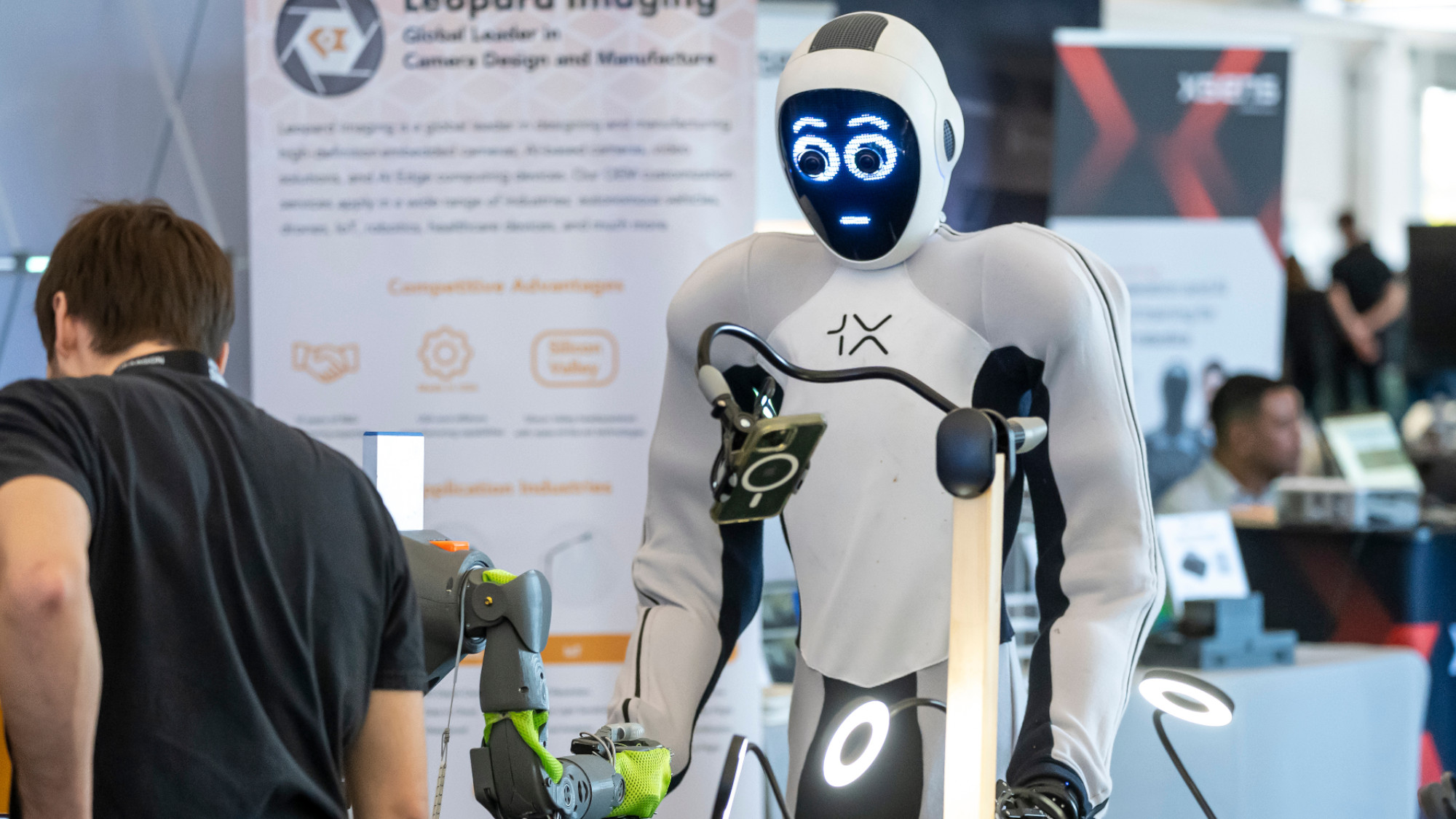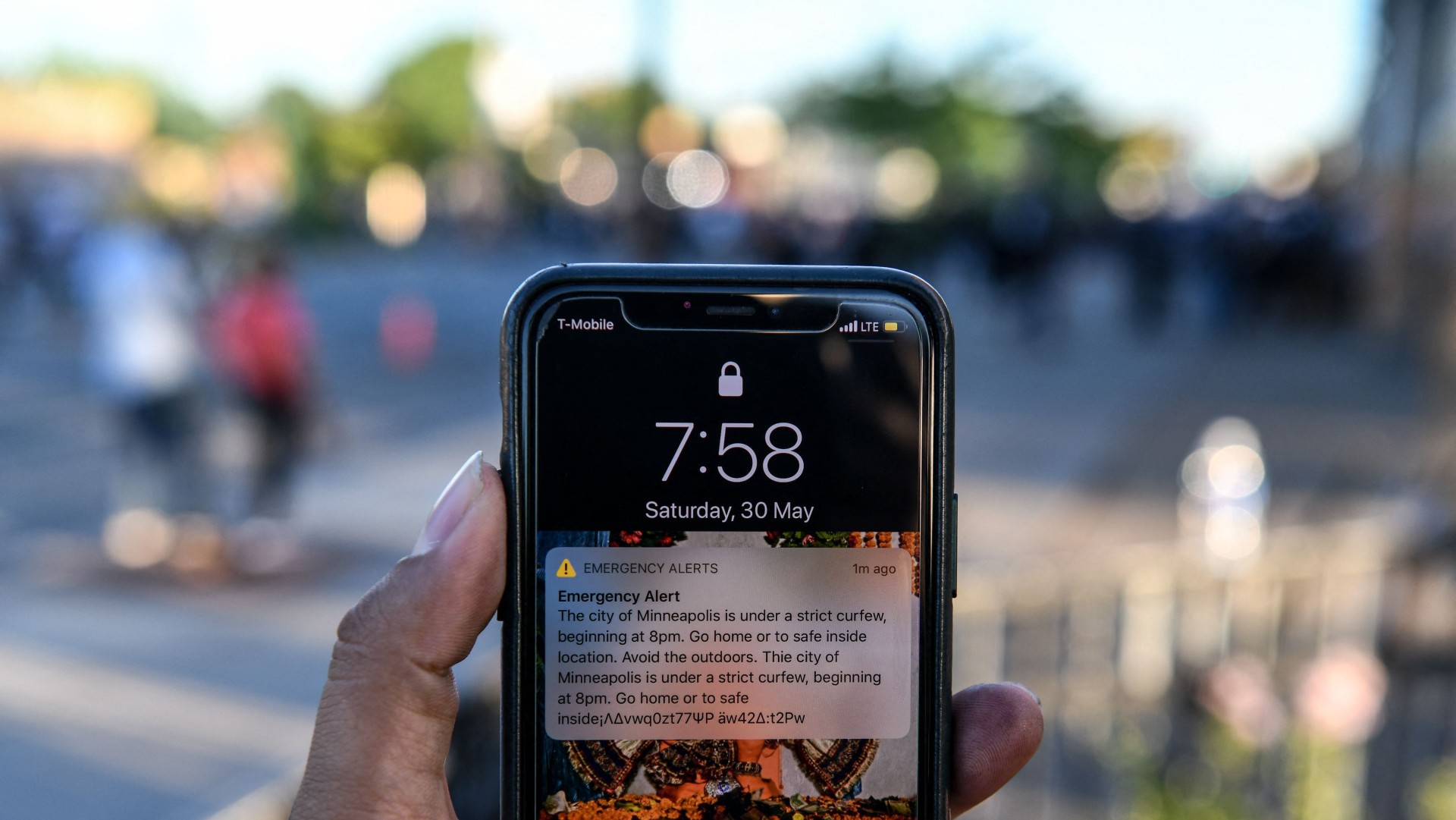Robots 'will commit more crime than humans by 2040'
Expert warns droids could prompt 'sharp rise' in terror attacks

A free daily email with the biggest news stories of the day – and the best features from TheWeek.com
You are now subscribed
Your newsletter sign-up was successful
Researchers have warned that robots and computers will pursue more criminal activities than humans by 2040.
Tracey Follows from The Future Laboratory, which helps businesses plan for the future, said: "Once robots can be hacked to become suicide-bombing machines, lone-robot attacks could become rife."
Follows also predicts that artificial intelligence and machine learning could enable robots to self-programme criminal activity. "My forecast would be that by 2040 more crime will be committed by machines than by humans," she said.
The Week
Escape your echo chamber. Get the facts behind the news, plus analysis from multiple perspectives.

Sign up for The Week's Free Newsletters
From our morning news briefing to a weekly Good News Newsletter, get the best of The Week delivered directly to your inbox.
From our morning news briefing to a weekly Good News Newsletter, get the best of The Week delivered directly to your inbox.
The news has led to fears that rogue driverless cars and drones could also be a threat if they are hacked or re-programmed. Security adviser Raj Samani said: "It's only a matter of time before we see instances of people left helpless, unable to drive their cars unless they pay up a ransom."
Aaron Yates, chief executive of the security firm Berea, told Raconteur: "If you can convince the vehicle its GPS telemetry is wrong with a signal jammer, you will be able to pilfer vehicles at leisure."
There are also domestic dangers. Google engineers have previously warned about the dangers of cleaning robots murdering their owners if they get in the way while they're tidying up, reports The Sun.
Representatives from all Nato member states met in Belgium yesterday to discuss how to improve their defences against cyber attacks and hackers that could cause as much harm as conventional military attacks.
A free daily email with the biggest news stories of the day – and the best features from TheWeek.com
According to the UK's National Crime Agency, cyber-crime is on the increase and accounted for 53 per cent of all crimes last year.
One person who is not so concerned is Ron Chrisley, director of the Centre for Cognitive Science at the University of Sussex. "The fact is, robots, despite what one might be encouraged to believe from sci-fi, and despite what may happen in the far future, currently lack what we consider real intentions, emotions and purposes," he wrote in The Conversation last year. "And contrary to recent alarmist claims, nor are they going to acquire those capacities in the near future."
He warns that blaming machinery when it does not have its own autonomy and intentions "raises the danger of scapegoating the robot, and failing to hold the human designers, deployers and users involved fully responsible".
-
 How the FCC’s ‘equal time’ rule works
How the FCC’s ‘equal time’ rule worksIn the Spotlight The law is at the heart of the Colbert-CBS conflict
-
 What is the endgame in the DHS shutdown?
What is the endgame in the DHS shutdown?Today’s Big Question Democrats want to rein in ICE’s immigration crackdown
-
 ‘Poor time management isn’t just an inconvenience’
‘Poor time management isn’t just an inconvenience’Instant Opinion Opinion, comment and editorials of the day
-
 The robot revolution
The robot revolutionFeature Advances in tech and AI are producing android machine workers. What will that mean for humans?
-
 Amazon's robotaxi looks to be Waymo's biggest competitor
Amazon's robotaxi looks to be Waymo's biggest competitorIn the Spotlight The company recently opened a new robotaxi production plant in California
-
 Secret AI experiment on Reddit accused of ethical violations
Secret AI experiment on Reddit accused of ethical violationsIn the Spotlight Critics say the researchers flouted experimental ethics
-
 Space-age living: The race for robot servants
Space-age living: The race for robot servantsFeature Meta and Apple compete to bring humanoid robots to market
-
 Is the world ready for Tesla's new domestic robots?
Is the world ready for Tesla's new domestic robots?Talking Points The debut of Elon Musk's long-promised "Optimus" at a Tesla event last week has renewed debate over the role — and feasibility — of commercial automatons
-
 Is the era of robotaxis over before it ever really started?
Is the era of robotaxis over before it ever really started?Talking Point As the nascent self-driving ride service industry gears up to expand beyond San Francisco, some tech and transportation experts say it's time to pump the breaks
-
 Pros and cons of the emergency alert
Pros and cons of the emergency alertPros and Cons Already used successfully in US, Greece and Japan, mobile notifications could help save lives, but pose risk to domestic abuse victims and drivers
-
 The UK’s new mobile emergency alert system: what is it and how does it work?
The UK’s new mobile emergency alert system: what is it and how does it work?feature Government will test new scheme this month with warning sound and vibration on nation’s phones